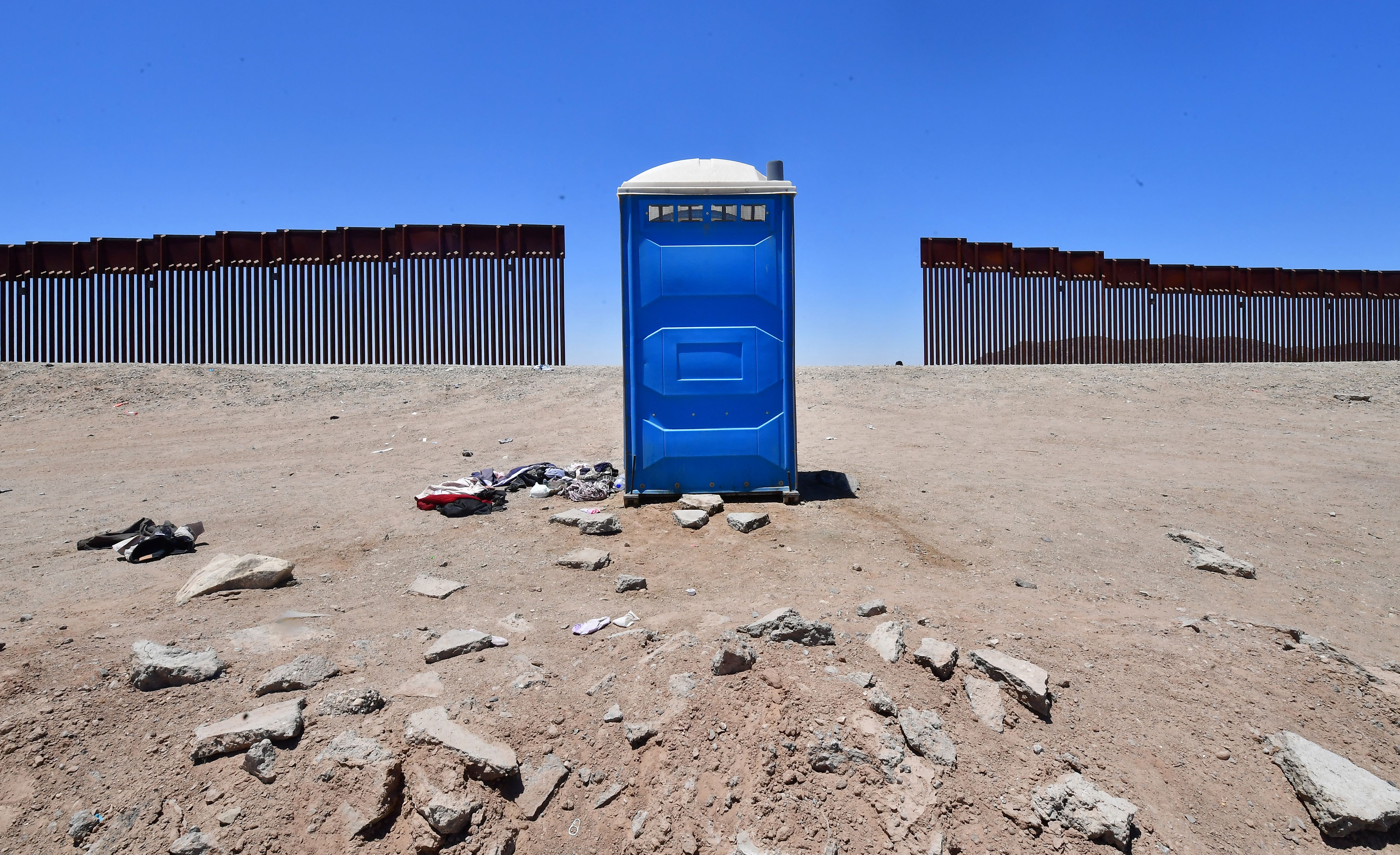Camping association calls for changes to law allowing New Zealanders to defecate in open
Organisation demands that people conduct their business at least 50m away from waterways

A camping association in New Zealand has blamed campers for ruining the environment and called for changes to a law that allows people to defecate in public places if no one is watching.
The Responsible Campers Association Inc (RCAi) has challenged the laws based on environmental protection, demanding that more curbs should be put to keep such people away from hotspots.
While New Zealand imposes a $200 (£102.8) fine for urinating or defecating in public, people can get away with it if they have valid grounds for the action and can prove that no one was watching them.
The organisation, however, demands that the law should ensure people conduct their business at least 50m from a waterway and the waste should be buried at least 15cm.
“There is no law in New Zealand that forces one to poop their pants if caught short, and RCAi believes minimising the more undesirable aftermath would be the most appropriate way of addressing the problem in the short term,” the organisation said, according to local media reports.
“It is not so much the action which creates concern, but the visible after-effects,” Bob Osborne, the group’s spokesperson, said.
The organisation is also demanding a long-term solution of more toilet facilities along state highways and parks so that travellers stop defecating in public.
Local media outlets have often reported of friction between authorities and campers, blaming the latter for defacing natural bodies and tourist destinations with excrement and toilet papers.
However, the organisation noted that no group can be entirely blamed for the situation.
“There remains no evidence pointing to any specific group and frankly, as a group, freedom campers are the least likely group to need to do so or at least recognise the need for burial,” it said.
Freedom camping in New Zealand is considered camping in a tent, camper van or motor vehicle on public land, on a site with minimal or no facilities, such as toilets or showers.
Join our commenting forum
Join thought-provoking conversations, follow other Independent readers and see their replies
Comments